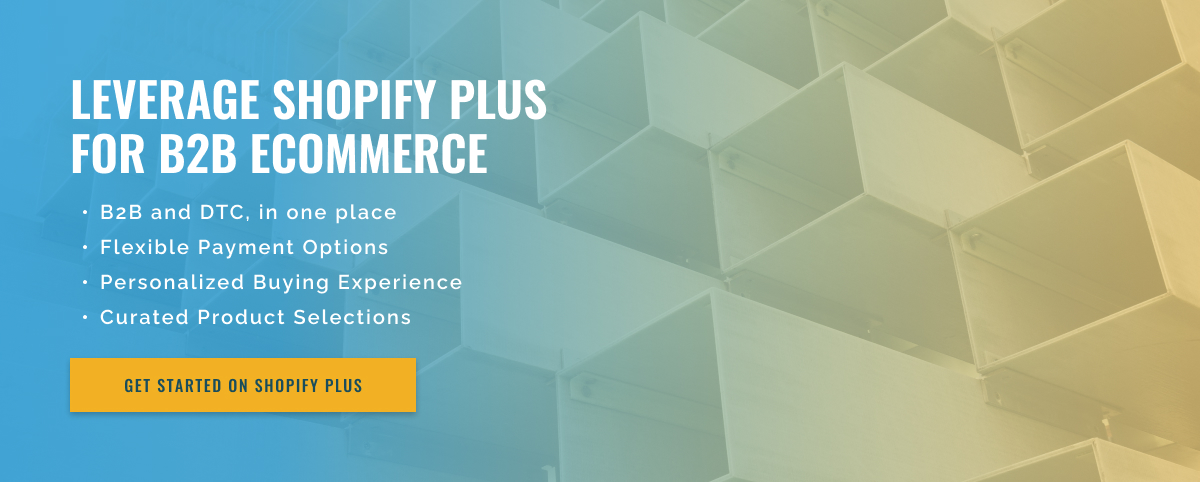3 minute read
Boost Shopify Conversion Rates: B2B Merchant Best Practices
As the world of eCommerce evolves, it becomes increasingly important for B2B sellers to build a strong online presence. One platform that has gained significant popularity among B2B sellers is Shopify. With its user-friendly interface and extensive feature set, Shopify has become a favorite choice for businesses looking to sell their products online.
However, just setting up a Shopify store isn’t enough to guarantee success. B2B sellers should also focus on maximizing conversion rates to ensure a steady stream of sales and profits. In this blog, we’ll cover some best practices for B2B sellers to maximize conversion rates on Shopify.
1. Optimize your product pages: One of the most important elements of converting visitors into customers is an attractive and informative product page. B2B sellers should ensure that their product pages are visually appealing, contain high-quality images, and include detailed product descriptions and specifications. They should also include customer reviews and ratings to build trust and credibility.
2. Personalize customer service: B2B customers value personalized experiences and are more likely to make a purchase when they feel understood and cared for. Use Shopify’s customer segmentation feature to group customers based on their interests, preferences, or past purchases. This allows you to personalize your marketing activities and offer personalized discounts or promotions.
3. Offer multiple payment options: In the B2B world, payment methods can vary from company to company. That’s why it’s important to offer multiple payment options such as credit cards, ACH, and online banking to accommodate different preferences and provide customers with a seamless checkout process.
4. Use the Shopify App: Shopify has an extensive app store with tons of apps designed to improve the functionality and performance of your store. There are several apps designed for B2B companies that can help with tasks such as bulk ordering, pricing, and inventory management, making it easier for sellers to sell to multiple customers.
5. Provide exceptional customer service: Excellent customer service is crucial to building a loyal customer base. B2B customers often have complex questions and need quick solutions. Therefore, sellers should offer multiple communication channels such as chat, email, and telephone to quickly address any customer concerns.
6. Use data and analytics: Shopify provides sellers with valuable data and analytics that help them identify patterns and trends to improve their marketing strategies, inventory management, and overall website performance. Using this data, sellers can make informed decisions to optimize their business.

